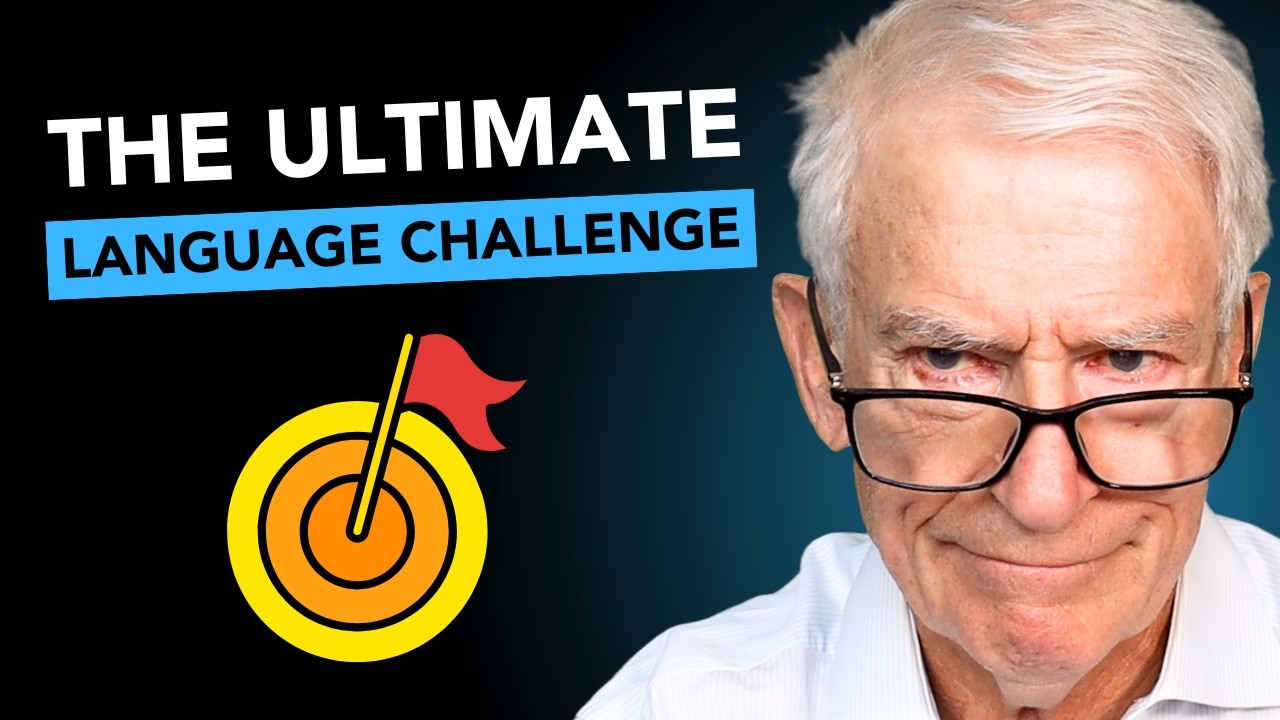Did you know LingQ now has a Book Challenge? Steve explains what it is and how to participate in his new video:
It all sounds great, but the bit I’m struggling with (for Vietnamese) is getting to first base. By which I mean acquiring sufficient basic vocabulary (and very basic grammar) to read eg simple articles as a prelude to reading simple books.
What is first base? I’m thinking that it may be a vocabulary of say 500-1000 familiar words with some approximate sense of what most of them mean. I’m finding ways of tackling this, but progress is time-consuming and hard-won; and is mostly outside LingQ for now. If only LingQ could better identify and manage the ‘multi-word words’ that are a core part of Vietnamese. (The archetypal examples perhaps being that even Vietnam is 2 space-delimited words (Việt Nam) and similarly Hanoi (Hà Nội).)
I have got the same issue with Indonesian.
Summer is warn season.
Winter is cold season.
Parent is “old person”.
Additionnal difficulty is
Parents is orang tua.
Your parents is orang tuamu.
My parents is orang tuaku.
If you want to recognize correctly parents you have to use a pattern as something starting with “orang tua”.
Then you have to express somehow this pattern is a word and is prioritary to “orang” and “tua” taken separetely.
Maybe it could be done by iterating through a dictionary and creating lingqs for all word you encounter in the dictionary. Then for the Indonesian you add a sufix for the different usages.
Or Lingq should take into account previous word to propose a translation. I mean proposing a translation for “tua” and for “orang tua”. Some how it was the translation based on context already does. The issue here is we have to create too many lingqs.
Pre-created lingqs for multi-word words look as the best option.
I was looking for an example in Ukrainian.
I have found
бачу свекруха поїдом тебе їсть.

Here it’s harder
їсти is the verb to eat. It has been conjugated.
There is “тебе” between поїдом and їсть.
It looks like same issue than identifying verbs in german.
